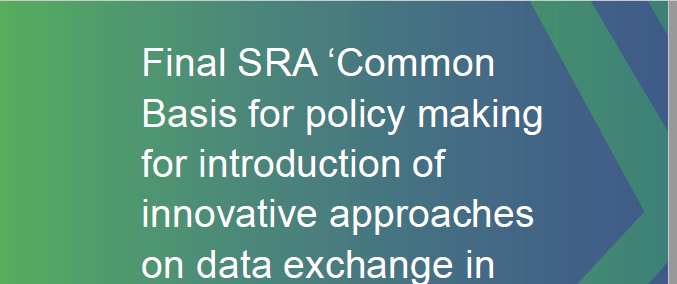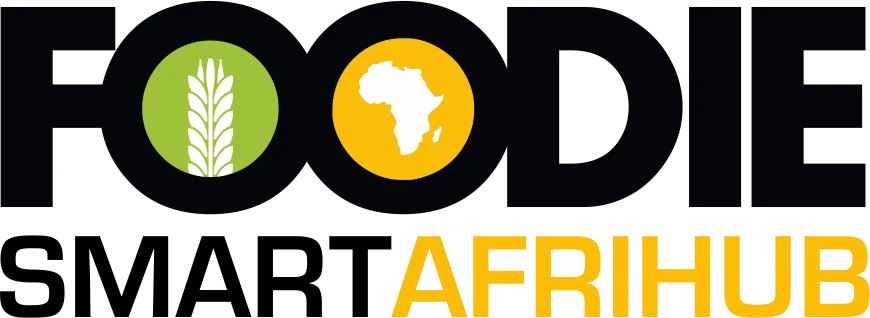| Karel Charvát

Other contribution to my library. See the text on ResearchGate
https://www.researchgate.net/publication/235110911_Final_SRA_'Common_Basis_for_policy_making_for_introduction_of_innovative_approaches_on_data_exchange_in_agri-food_industry'
n our networked society, standards play an important role. That is especially the case in exchanging digital data. With “Standards” we refer to the protocols that describe how data (in so called ‘metadata’) and the data-exchange are defined to make a digital exchange of data between two devices (often computers but also computer-machine interaction) possible. Such standards enable interoperability of data, information and knowledge between systems – they ensure compatibility. Standards can reduce choice but the big advantage is that they reduce transaction costs to share data and promote competition (users can easily change suppliers as they are not ‘locked in’ to complete systems). That means they can also support innovation, although the wide use of a standard can also block progress to something better.
